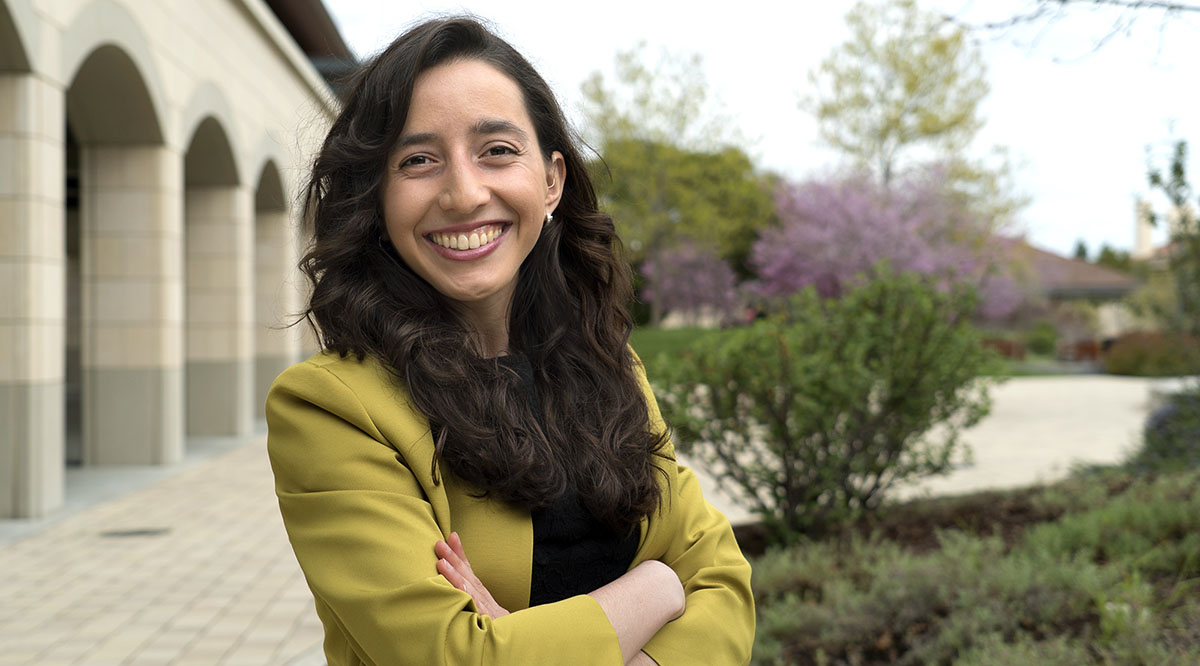Hi! I'm a sophomore at Hopkins studying public health with a physical disability. My main EC's are various disability advocacy projects in disability policy and digital accessibility at the state and national level for which I've received recognition for internationally. Even my public health research is disability-focused. I plan to apply to medical school in the 2024-2025 cycle (I graduate in Spring 2024) to become an advocate for others with disabilities within the healthcare system.
I am starting to think ahead about applying and I'm getting conflicting opinions on whether disclosing a physical disability and talking about your work in disability advocacy/growth as a person with a disability makes you underrepresented in medicine. All the stats say that doctors with disabilities are very rare (only about 3%), but I'm not sure if owning my disability identity would make me a URM (I'm second-generation Asian-American: Chinese and Vietnamese) or would it be a compelling narrative/potential X-factor for me. I'm also a little concerned that it could be a liability for med schools and maybe I should just not mention it (but it's going to be very hard to avoid since most of my EC's stem from my journey of living with a disability). I won't need too many accommodations, just clear masks and closed captioning on Zoom calls. Would love your guys' thoughts!
Some of my current stats (Two solid semesters of A's and A-'s, and then this past semester was a little rough with a C+ in orgo as I dealt with some family emergencies. I still have a while to go, so I'm hopeful I can raise it), I do not have an MCAT score yet.
cGPA: 3.70 sGPA: 3.64
I am starting to think ahead about applying and I'm getting conflicting opinions on whether disclosing a physical disability and talking about your work in disability advocacy/growth as a person with a disability makes you underrepresented in medicine. All the stats say that doctors with disabilities are very rare (only about 3%), but I'm not sure if owning my disability identity would make me a URM (I'm second-generation Asian-American: Chinese and Vietnamese) or would it be a compelling narrative/potential X-factor for me. I'm also a little concerned that it could be a liability for med schools and maybe I should just not mention it (but it's going to be very hard to avoid since most of my EC's stem from my journey of living with a disability). I won't need too many accommodations, just clear masks and closed captioning on Zoom calls. Would love your guys' thoughts!
Some of my current stats (Two solid semesters of A's and A-'s, and then this past semester was a little rough with a C+ in orgo as I dealt with some family emergencies. I still have a while to go, so I'm hopeful I can raise it), I do not have an MCAT score yet.
cGPA: 3.70 sGPA: 3.64
Last edited:

